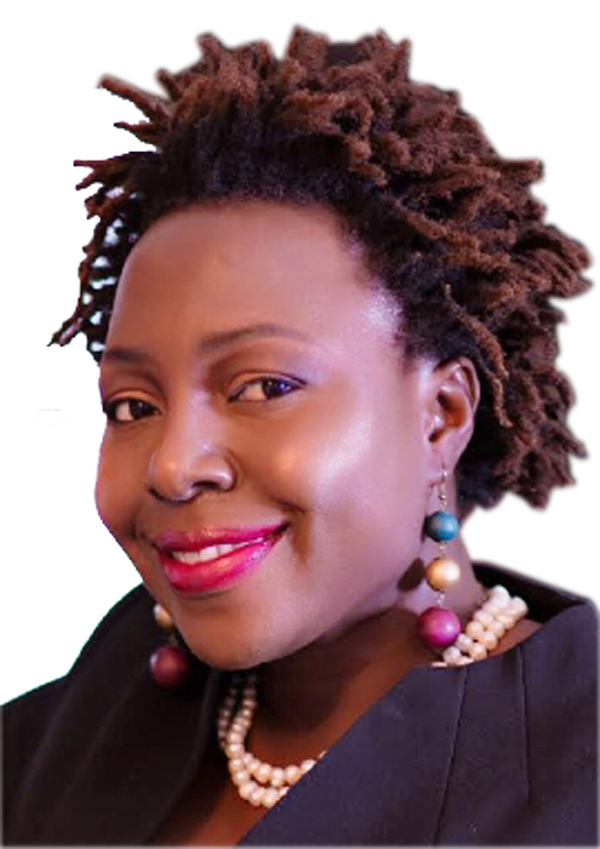
November marked the beginning of 16 Days of activism to end gender-based violence against women and girls the curtain came down on December 10.
Nyaradzo Mashayamombe
For a long time the issues of violence and gender have been synonymous with estranged women and those viewed as radical feminists. Most suffering women would rather not disclose their status for fear of victimisation and shame.
Building up to addressing gender disparities, a number of theories have been tried that range from women in development to gender and development. The two theories have come with their shortcomings and chief among them was the failure to address disparities that exist between women and men, and also the radicalism that often divided men and women, girls and boys. The first feminists who coined the first theories desperately sought to bring equity by suggesting a total separation between women and men in developmental programming.
Gender and development, the current theory, however, seeks to address holistically the challenges that women and girls face, with the inclusion of men, but addressing disparities of course that have alienated women and girls from economic and social opportunities. Gender and development advocates for a gendered approach to sustainable development, after realising that even though we include men and boys, we still need to come up with development programmes and services that address the disparities between the sexes, making sure that women and men have equal access and also equitable measures are employed.
Addressing the social, economic and cultural disparities between men and women and ensuring equal treatment within society ensures the rights of all and accelerates sustainable development. Rights are a basic entitlement every human being has, simply because they are alive and they exist in a society.
The reason I have deliberately decided to address the whole situation of rights and their trajectory is that, first of all, women and girls are human beings and they are entitled to rights that men also enjoy. Secondly, women and girls ought to enjoy their rights because it is a moral thing to do for a society to ensure the enjoyment of such for all its citizens.
December 10 was International Human Rights Day. The world commemorated and reflected on its commitment to meeting human rights. Governments are expected to take stoke of what they have done for their people through their ministries, councils, district offices and councillors to serve citizens. On December 9, the Ministry of Women Affairs, Gender and Development, Embassy of the Netherlands and Hivos commemorated International Human Rights Day where development practitioners came together to strengthen commitment to human rights agenda.
- Chamisa under fire over US$120K donation
- Mavhunga puts DeMbare into Chibuku quarterfinals
- Pension funds bet on Cabora Bassa oilfields
- Councils defy govt fire tender directive
Keep Reading
Over the past weeks, I have directly been focusing my attention to human rights issues like service delivery, safety and security, specifically on women and girls. I have raised the issues with Harare City Council, police and the Ministry of Transport through various media platforms. Zimbabweans have the right to quality service, they have a right to walk in clean cities, to access clean water, to have lights in their cities, they have the right to order, to human dignity, to shelter, good governance of their resources and for those who serve them to deliver such services with a human face to it. When such services are delivered in mediocrity, and when human dignity is threatened, those who provide service cease to be relevant.
I appreciate the response that the city council has given to my call, especially regarding the housing issue. For a couple of days since the publication of my article and calls on other media platforms, the council’s public relations officer called on the affected citizens to approach the council to register their names so that they can get alternative stands and that they should also be careful “not to build without the council’s approval”.
It is a step in the right direction. however, restitution for demolitions and loses suffered would have been appreciated for the affected persons. Where will they get some more money to build since the last savings went down the drain, in this tough economy? Can this be a wake-up call for the council to start doing their job and protect citizens and actually take full responsibility for their failures?
At the same time, as citizens, we remain vigilant in expecting good service from the police in ensuring order and human dignity facilitation on our public transport ranks, we remain expectant of basic service from the transport ministry rather than just “speed, drink and driving cautions” from the transport department this holiday, we expect real order and service.
May we as a people return to good morals, which constitute our rights. May we stop the plunder and the squander, may we ensure each person enjoys their human rights. When manmade disasters such as demolition of houses occur, women and girls suffer the most, and this means that in our councils and institutions, we are not being gender sensitive. Let everything that we do, for development, have a human face. let’s remember these are the citizens, the 51% that employ us, our daughters, sisters and mothers. Remember, they are trying to make a livelihood and far be it from us that we refuse vulnerable citizens their right to a decent life. With this human rights euphoria, may others enjoy their rights, the same way you would like to enjoy your own rights.
Nyaradzo “Nyari” Mashayamombe is the founder & executive director of Tag a Life International Trust (TaLI), a girl child rights organisation. She is a development consultant, entrepreneur and musician. Email: [email protected]. Visit: www.nyarimashayamombe.com











